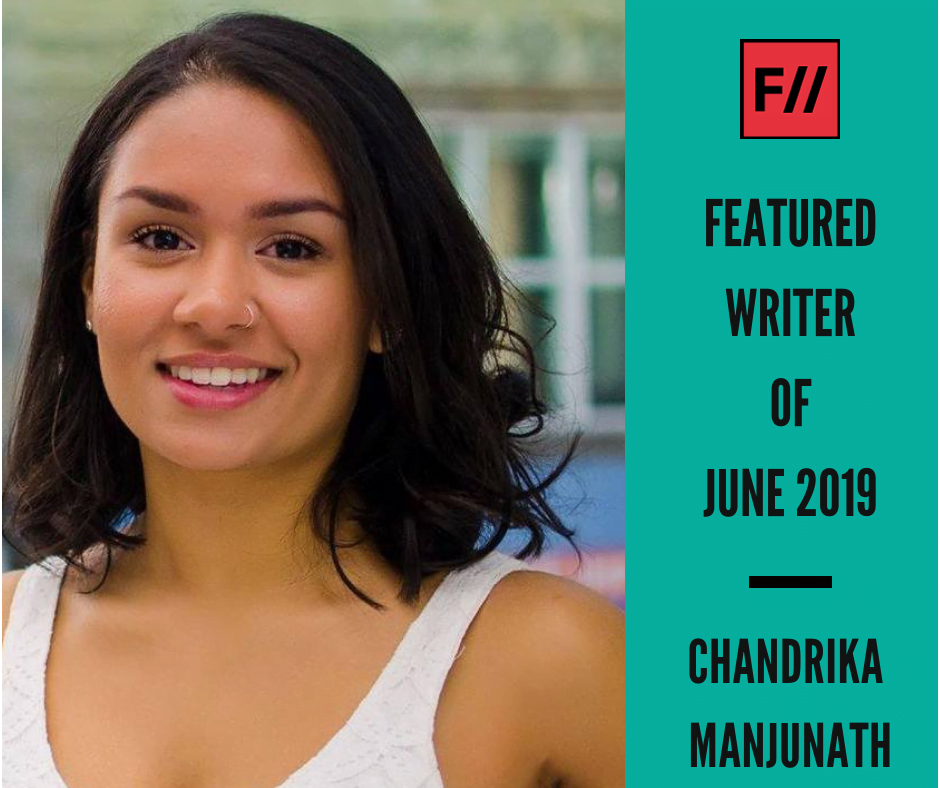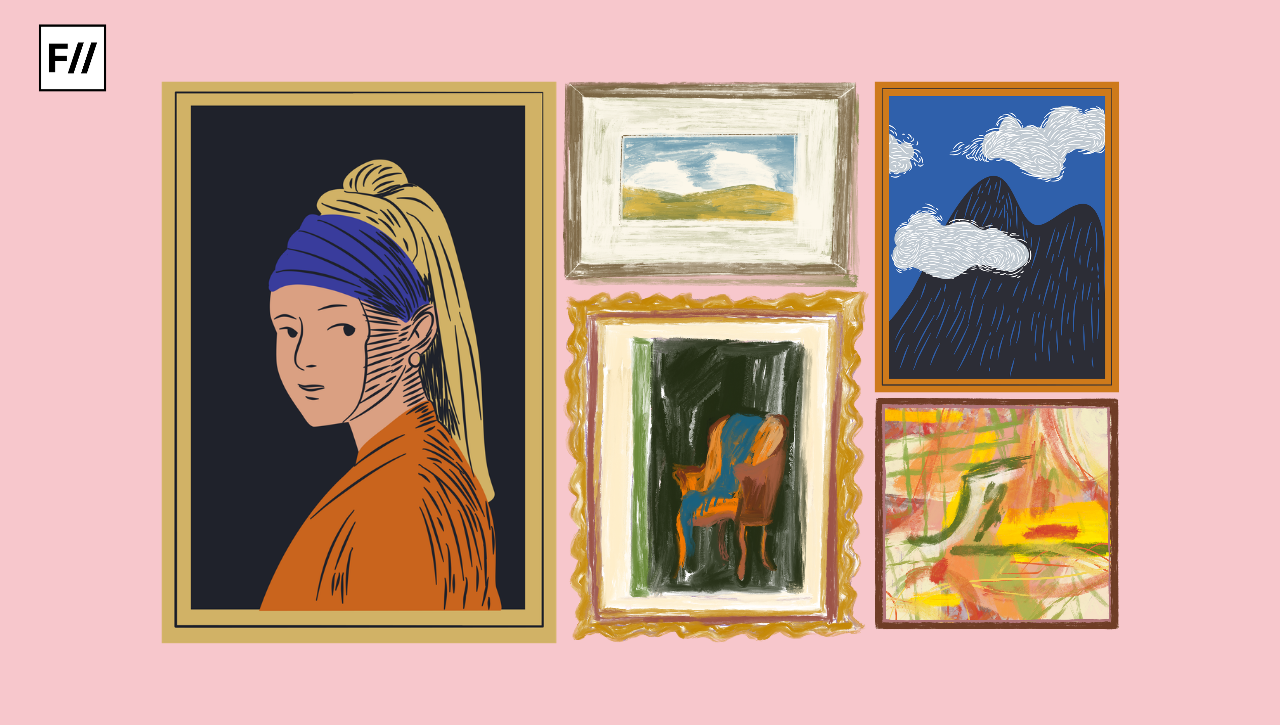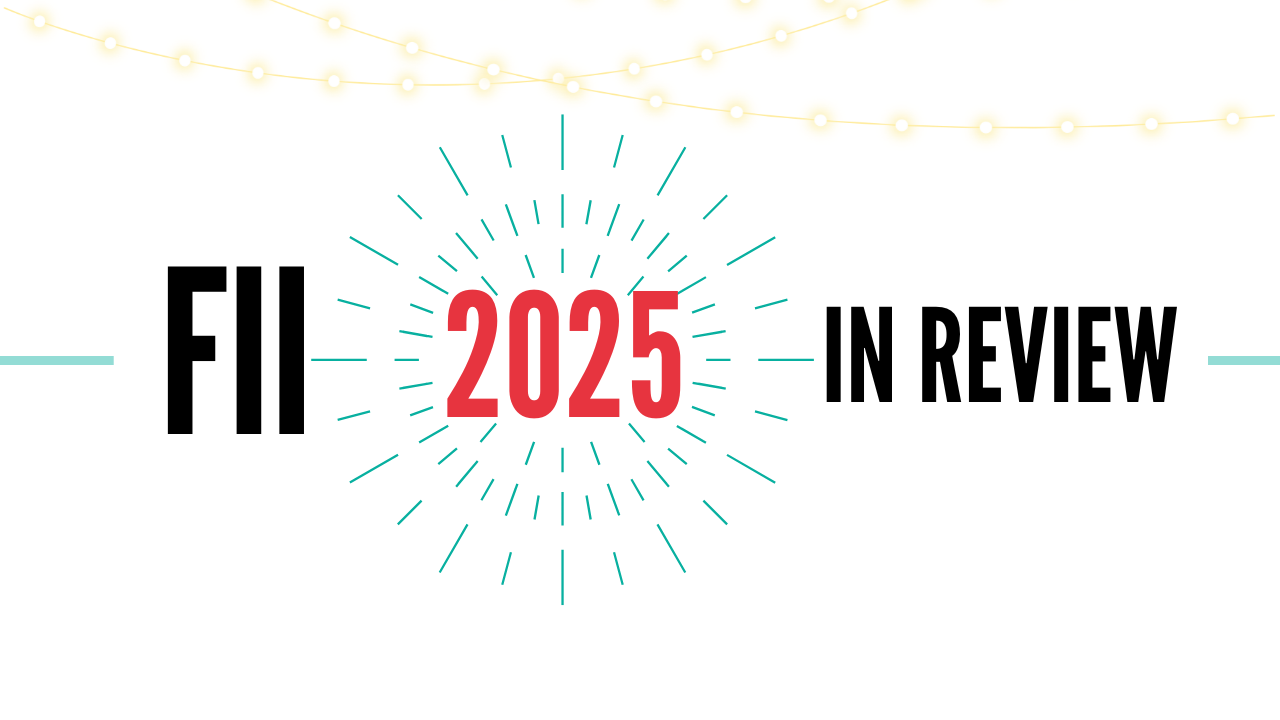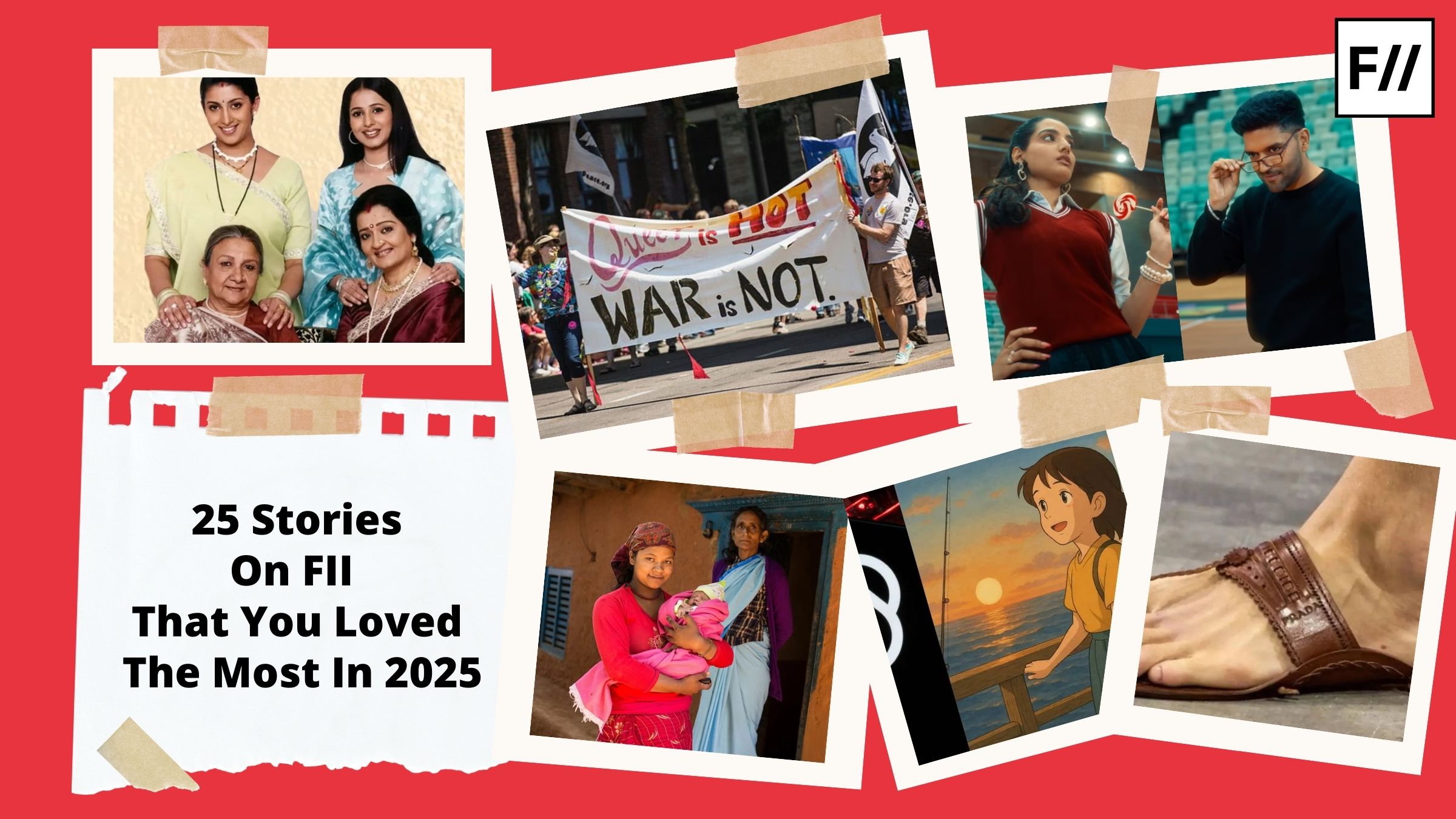We have been featuring the best writers from our writers’ community for their committed contribution to FII, making it what it is today. FII would not exist if not for the passionate and loyal feminist writers’ community that we have steadily been building over the last three years.
This June, we feature Chandrika Manjunath. From talking about the gender bias in the medical sector to sharing a conversation about reproductive and sexual health issues, Chandrika’s exceptional writing focuses on the often ignored, but pressing concerns around women’s health. Some of her other popular articles are 5 Women Warriors We Should Know About, Surrogacy In India And The Debates Surrounding The Practice and many more.
FII: Tell us a little about yourself and what you do.
Chandrika Manjunath: I’m a mid-20s Canadian currently living in Minnesota doing research at Mayo Clinic on cardiovascular health disparities among African-Americans. Also figuring out how to turn my passions for human rights, law, and various disparity related theory into tangible work.
FII: How did you become a part of the FII writer family?
CM: I started as an intern in December 2017! As a diasporic Indian, I was inordinately thankful for being given the opportunity to participate in a space I initially questioned if I should even be in. I learned so much over my brief time as an intern in a practical sense and particularly from those involved at FII. Working with FII has fostered a deeper sense of connection with the place that innately feels like home despite my distance from it. For all these reasons, continuing to work with FII only felt natural and so I have.
FII: How and when did you become a feminist? Which issues within feminism are close to your heart?
CM: I can’t identify a precise moment or manner. In retrospection, I’ve identified that experiences growing up, imbued ideas that are characteristically feminist. These beliefs felt inherent. Perhaps I unconsciously absorbed them from my environment. Eventually, I learned these ideas and my related actions as a result of them, could be labelled with the term feminist. It’s from this point that I could identify as a feminist. While I know this is vague, the overarching idea of equity for self-identifying women, which encompasses a host of issues from political rights to health is what I consider the closest to me.
FII: What is your favourite piece on this site that you have written, and your favourite piece on this site that you have read? Why did they strike you?
CM: The written piece I’m most fond of is “Kamala Sohonie: First Indian Woman to get a PhD in Science | #IndianWomeninHistory”. This is because it enlightened me to a significant part of India’s history I wasn’t previously aware of and provided impetus to fill this gap. “In Photos: The 16th Kolkata Rainbow Pride March” was poignant as it starkly contrasted the narrative of India that is predominant in the Western world. I shared the images and an overview of Indian history with my peers, leaving many awe struck—this piece is a favourite for the pride in India it brought me.
FII: What do you like to do when not writing about gender and social justice?
CM: Well first, I watch far too much Netflix! But beyond that, lots of reading, both of books and especially online. I just started a novel by Wayétu Moore called She Would be King’ Lately, I’ve also been getting into photojournalism, and while I don’t have a camera yet, reading about photographers and their work. I started an art Instagram a while back so that’s gotten me into exploring visual art. And now that it’s finally summer and warm here, trying to take advantage of that until it inevitably becomes cold again for most of the year.
FII: What do you like about FII and our work? What more would you like to see from us?
CM: I particularly appreciate FII for its accessibility, intersectionality, and utilization of various methods of information dissemination (e.g. writing, comics, in-person events). Visual imagery can incite visceral acknowledgements of the subject being viewed. I think it would be extremely powerful to incorporate more of this in FII’s work.
FII thanks Chandrika for her timely and valuable contributions. We are incredibly grateful to have her as a part of our writers’ community and appreciate her for her deeply informative writing. She can be followed on Instagram and Twitter.
About the author(s)
Feminism In India is an award-winning digital intersectional feminist media organisation to learn, educate and develop a feminist sensibility and unravel the F-word among the youth in India.




